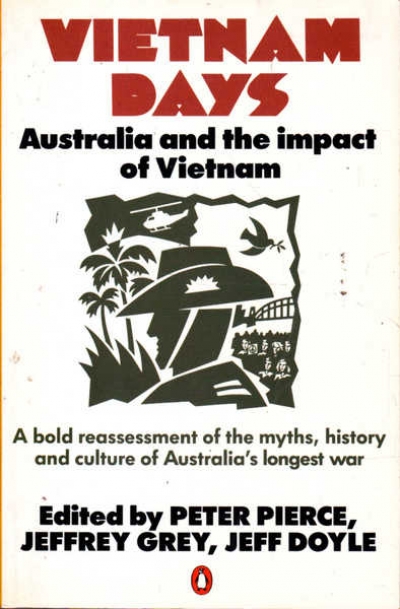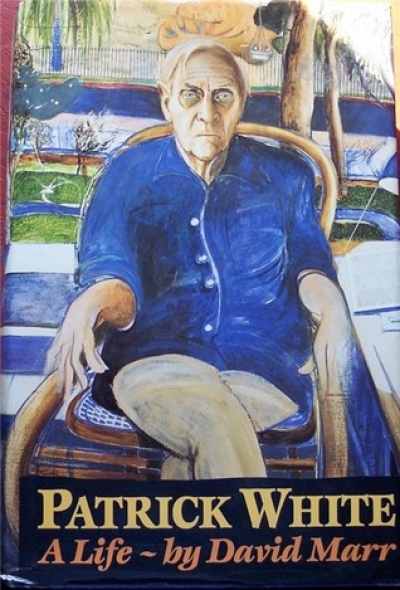Archive
Vietnam Days: Australia and the impact of Vietnam by Peter Pierce, Jeffrey Grey, and Jeff Doyle
Award-winning Western Australian poet Philip Salem is both surprised and delighted by the response to his first novel, Playback. Simon Patton spoke to him recently during a brief visit to Melbourne.
... (read more)'Patrick White and Australian Writing: Towards a new Asian Pacific literature' by Zhu Jiongqiang
Professor Zhu Jiongqiang works in the Department of Foreign Languages at Hangzhou University in the People’s Republic of China. A specialist in Australian literature, he has translated Patrick White’s The Eye of the Storm into Chinese, and has written extensively on Australian writing in both Chinese and English. In this translated extract from a discussion about the history and current trends in Australian literature, Professor Zhu places Patrick White in the context of literary schools. He finishes by suggesting that new styles of writing are emerging from the kinds of writing introduced by White and that a new Asian Pacific culture – the culture of Australia – is coming into prominence.
From the end of the Second World War, the most illustrious and noteworthy writer in Australia was Patrick White. Someone said that contemporary Australian literature is Patrick White and there is some truth in this remark.
... (read more)If before the 1890s, books had been judged by their dust jackets, most would have been considered uniformly dull, or indecently attired. Dust jackets appeared first in 1833 to protect the recently introduced cloth casings as they made their progress from printery to publisher’s warehouse, on to booksellers and then to library shelves, at which stage the wrappings were usually thrown away. Those earliest dust jackets could be blank or printed with the title as well as the names of the author and publisher on the front, or notices about other volumes on the back panel.
... (read more)








